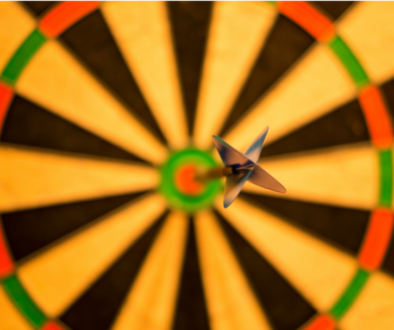Sleep: The Foundation of Recovery
 As an adult human, you need 7-9 hours of sleep per night. Whatever your goal (to get bigger, leaner, stronger, healthier, faster, etc), prioritizing sleep will help you accomplish it. Many of the benefits of training do not happen in the gym. They happen at night while you’re sleeping. Often sleep-deprived people rationalize their poor sleep habits by saying that they make it up on the weekends. Don’t fall into this trap! You need consistent, quality sleep.
As an adult human, you need 7-9 hours of sleep per night. Whatever your goal (to get bigger, leaner, stronger, healthier, faster, etc), prioritizing sleep will help you accomplish it. Many of the benefits of training do not happen in the gym. They happen at night while you’re sleeping. Often sleep-deprived people rationalize their poor sleep habits by saying that they make it up on the weekends. Don’t fall into this trap! You need consistent, quality sleep.
Why you can’t make-up sleep on the weekends:
- Drowsy driving is dangerous. Last year, my family was in a near-fatal accident when another driver fell asleep coming home from work, crossed the highway, and hit their car head on.
- People who are sleep deprived tend to weigh more and have a higher BMI. This increases the risk for diabetes, heart disease, dementia, and more.
- Sleeping less than 8 hours causes affects hunger. Leptin, the hormone that signals fullness, goes down and ghrelin, the hormone that stimulates appetite, goes up. This leads to craving and eating more high-calories foods.
- During sleep, your brain clears the plaque that causes Alzheimer’s disease.
- Bill Clinton has said that every mistake he’s made in his life, he’s made because he was tired.
- After a terrible night’s sleep, your mood suffers. You’re stressed-out, irritable, and short-tempered.
Imagine the ramifications on your health, work, and relationships if you are chronically under-slept 5 days/week. Sleeping a few extra hours on the weekend cannot and will not undo the consequences of your actions.
Good Sleep Habits:
- Limit caffeine intake and have a cutoff time that works for you.
- Follow a bedtime routine that includes no work or screens at least 60 minutes before bed. Change into clothing exclusively for sleeping. Practice gratitude each night by journaling or recalling 3-5 new things you’re grateful for every day.
- No TV’s or devices in the bedroom (if you must use your phone as your alarm, put it across the room to remove the temptation to check it during the night).
- Don’t consume (watching or reading) news or upsetting material in the evening.
- Go to bed and wake up at the same every day.
- Keep the bedroom dark. Use blackout curtains and don’t use a bright alarm clock.
- Use your bed exclusively for sleep. Don’t eat, work, or remain in bed while you’re restless and can’t sleep.
- Keep meal times consistent every day. This regulates blood sugar levels throughout the night so your brain doesn’t wake you up too early thinking that it’s time to eat again.
- Have a regular stress-management practice that includes yoga, meditation, exercise, and journaling or reflection.
If you’re have trouble staying asleep at night:
- Keep a sleep diary. Make note of what you did and didn’t do from the list above, anything relevant from your day, and the quality and quantity of sleep. Look for a pattern.
- Block disruptions by closing the bedroom door, wearing ear plugs and/or a sleep mask, use a white noise machine.
- Get checked for sleep apnea.
- Loss weight if you’re overweight.
Sleep is the foundation of recovery. Without proper rest and recovery, you will burn out and your healthy and happiness will suffer. If you want to reach not only your health and fitness goals, but also your life goals, prioritize sleep. If you need help solidifying this essential habit, I can give you the support and accountability you need. Email me to get started with Wellness Coaching!
Alicia Cross is a Certified Personal Trainer, Wellness Coach, and Yoga Instructor with more than 17 years’ experience working with clients in classes and one-to-one. She is a yogi, meditator, vegan, and lifter of heavy things. If you’re ready to discover the strength and peace that comes from within, email Alicia@AliciaCrossTraining.com.
Related Posts:
A Great Day Starts the Night Before
Ayurveda: The Science of Living Well



